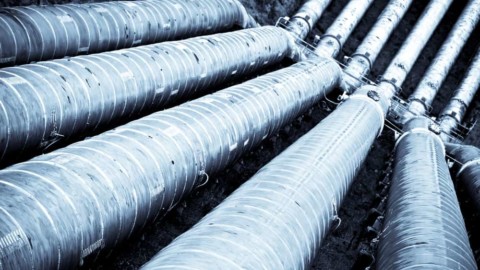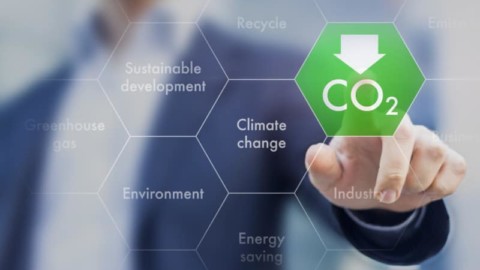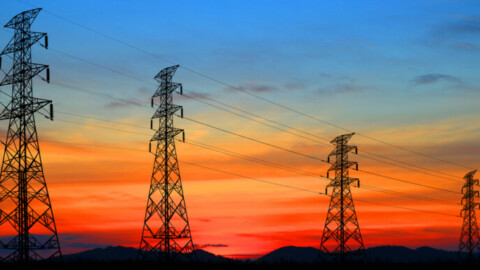By Agnes King
In the lead up to Australian Energy Week, we gathered the thoughts of speakers in the ‘Future Retail’ stream. As consumers face cost of living pressures, these experts gave us various approaches and solutions to increasing power bills:
- Lynne Gallagher, Executive General Manager, Network Planning, Energy Consumers Australia
- Jo Egan, Chief Customer Officer, AGL Energy
- Julie Romanet-Perroux, Managing Director Energy Transition, Accenture
- Duncan Permezel, General Manager, Retail Sales and Marketing, Origin Energy
Electricity prices haven’t been this expensive in decades. Prices dropped in the first three months of this year, but New South Wales costs are still more than 20 per cent higher than the same time last year and there is more pain to come. From July, under draft default market offers announced by the Australian Energy Regulator, customers face annual bill increases of between 23 per cent and 31 per cent.
The rates – used by big electricity retailers such as AGL Energy, Origin Energy and EnergyAustralia to set prices – are lower than original forecasts. But Energy Consumers Australia Chief Executive, Lynne Gallagher, said on top of double-digit increases last year, they will hurt consumers already struggling with cost-of-living pressures.
Melbourne hospitals started to see people presenting with hyperthermia last winter because they couldn’t afford heating, Ms Gallagher told a recent conference. Common in Europe, this is a very new phenomenon in Australia, she said.
AGL has flagged that it is funnelling more resources into supporting customers in need, using artificial intelligence to get ahead of the problem.
In an interview, AGL’s Chief Customer Officer, Jo Egan, said advanced analytics helps to identify when customer behaviour changes, and they might need assistance.
“We proactively outreach, and we are trying to improve the uptake of monthly, smaller bills as we know more frequent bills are easier,” Ms Egan said.
It might be too little, too late indicates an ECA consumer sentiment survey released last year. Australians are deeply pessimistic about energy, it showed. And they are equally sceptical of the ability of major players in the sector to put consumer’s interests above their own.
Accenture’s Managing Director Energy Transition, Julie Romanet-Perroux, said there are still a lot of outstanding questions for consumers in terms of service levels throughout the energy transition.
“While most consumers realise that electric vehicles are inevitable in the decarbonised future, there is still work to be done in setting up a national charging network to facilitate this change, as well as match supply to what is already great demand for electric vehicles,” Ms Romanet-Perroux said in an interview.
“Not only that, Australia’s supply chains depend on road transport. How will our road-freight industry adapt to a decarbonised future? How will our long-haul trucks be converted? These questions have not been answered yet.”
Consumer and commercial shifts from gas to electric appliances are also needed, involving a significant behavioural, attitudinal, and structural change.
“It will take collaboration from government, wholesalers, retailers, trade and consumers to move from gas appliances to electric appliances in homes and commercial premises across the nation,” Ms Romanet-Perroux said.
In the battle to dominate these emerging energy markets, Origin Energy is bringing more new offerings to market as minimum viable products so it can test and refine the customer’s experience with real insight and data.
Origin’s General Manager of Retail Sales and Marketing, Duncan Permezel, said the ability to adapt the proposition – given how rapidly customer preferences change around offerings like rooftop solar and home battery storage – is very important.
Ms Egan said how energy retailers service customers is changing dramatically and customers will expect management of things like solar, batteries, and hot water to be easy and done remotely.
For Ms Gallagher, the biggest hurdle remains the opposition of consumer interests to those of the systems.
“Consumers need to be built into the design of what you’re doing from the outset if you want them to participate in the journey.”
To hear from the speakers in the ‘Future Retail’ stream at Australia Energy Week, register for your ticket here: https://www.energyweek.com.au/registration
Energy Magazine is a Media Partner of the Australian Energy Week Conference.
















